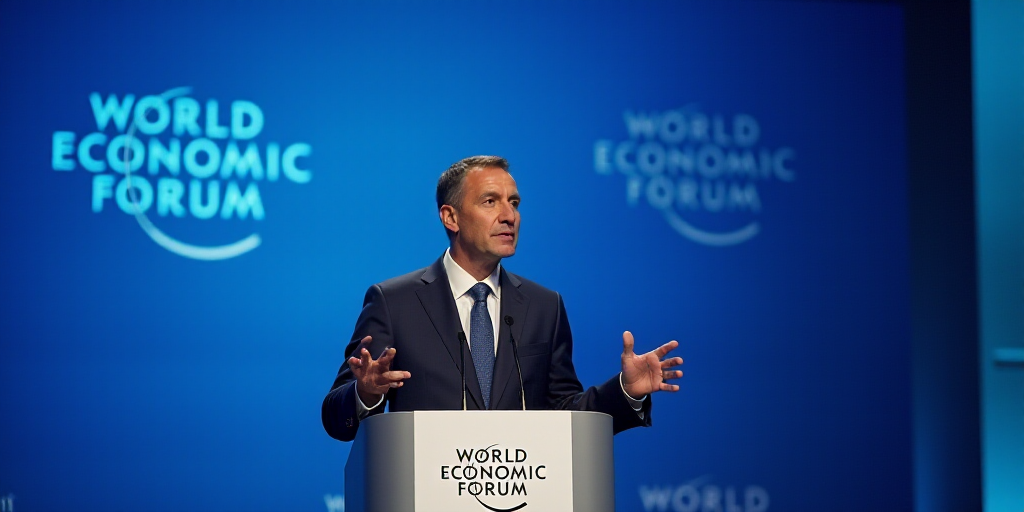Background and Relevance of Klaus Schwab
Klaus Schwab, the founder and former president of the World Economic Forum (WEF), has resigned from his position as president and board member, effective immediately. Born on March 30, 1938, in Ravensburg, Germany, Schwab is a professor of management at the University of Geneva, where he worked until 2023. He established the European Management Forum, which later evolved into the World Economic Forum.
The Rise of the WEF and its Annual Davos Meeting
Over the years, the Davos Forum has grown into a prestigious annual gathering for global economic and political elites, even attracting renowned film stars and entertainers. The WEF claims to provide a global, non-profit platform for meaningful connections among stakeholders, fostering trust and collaboration for cooperation and progress.
Criticism and Controversies Surrounding the WEF
Despite its noble intentions, the WEF has faced criticism for creating a space where the business world can exert pressure on governments without democratic oversight. Critics have coined the term “Davos Man” to describe a global elite of wealthy, stateless individuals devoted to free trade.
In 2020, Klaus Schwab published “The Great Reset,” a book that conspiracy theorists interpreted as evidence of a global elite’s plan to undermine democracies and enslave or eliminate parts of humanity.
Elon Musk, the world’s richest man and an influential figure in former U.S. President Donald Trump’s inner circle, accused Klaus Schwab of aspiring to be “the emperor of Earth.”
Schwab’s Resignation and Acknowledgment of His Contributions
In a statement, Klaus Schwab explained his decision to step down at 88 years old: “I have decided to resign as president and board member, effective immediately.” The WEF’s board of directors acknowledged Schwab’s “exceptional achievements” and expressed “gratitude for his 55 years of relentless leadership.”
Impact and Legacy
Schwab’s resignation marks the end of an era for the WEF, which has been a significant platform for global dialogue and collaboration. His leadership shaped the organization into a powerful force that has influenced international policies and business practices. However, his tenure also sparked controversy and raised concerns about the concentration of global power among a select few.
Key Questions and Answers
- Who is Klaus Schwab? Klaus Schwab is a German professor of management and the founder of the World Economic Forum (WEF).
- What is the World Economic Forum (WEF)? The WEF is a non-profit organization that aims to foster global cooperation and progress through annual meetings in Davos, Switzerland.
- Why is Schwab’s resignation significant? Schwab’s resignation signifies the end of his 55-year leadership of the WEF, an organization that has become a central platform for global dialogue and collaboration.
- What criticisms has the WEF faced? The WEF has been criticized for creating an unaccountable space for global business elites to influence governments and for promoting policies that some perceive as undermining democracy.
- What is “The Great Reset”? “The Great Reset” is a book published by Klaus Schwab in 2020, which conspiracy theorists interpreted as a plan by global elites to reshape societies and potentially harm certain segments of humanity.






